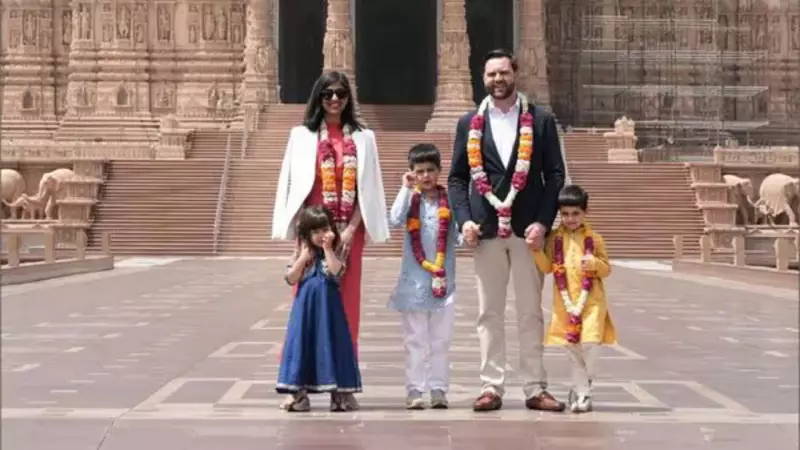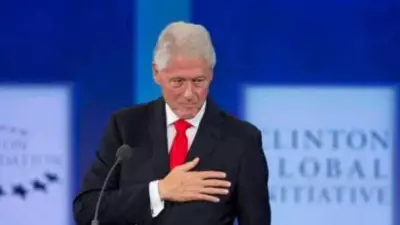
In a significant development within conservative political circles, prominent Indian-American MAGA activist Rukmani Sidhu has thrown her weight behind Republican vice-presidential candidate JD Vance's controversial statements about religion in American public life.
Sidhu, who serves as the Maryland state director for the Indian-American MAGA Alliance, articulated her perspective during recent media interactions, emphasizing what she sees as fundamental differences between Christianity and Hinduism in the American context.
The Core Argument: National Identity and Religious Foundation
"Christianity is the hope of every Christian," Sidhu stated, echoing Vance's position that America's moral and cultural foundation is inherently Christian. She elaborated that while Hinduism represents a rich spiritual tradition, it doesn't provide the same unifying framework for American society.
The activist drew clear distinctions between the two faith systems, suggesting that Christianity offers a cohesive moral compass that has historically guided American institutions and values. Her comments come amid ongoing debates about religious pluralism and national identity in American politics.
Political Implications and Community Reactions
Sidhu's endorsement carries particular significance given her position within conservative Indian-American circles. As an immigrant who has embraced the MAGA movement, she represents a growing segment of ethnic minorities aligning with Republican politics despite potential cultural contradictions.
The statements have sparked mixed reactions within the Indian diaspora community, with some applauding her candid assessment while others question the implications for religious minorities in America.
Broader Context: Religion in American Politics
This development occurs against the backdrop of increasing discussions about the role of religion in American public life. Vance's original comments and Sidhu's subsequent support highlight ongoing tensions between:
- Traditional Christian identity in American conservatism
- Growing religious diversity in American society
- The political alignment of immigrant communities
- Debates about cultural assimilation versus pluralism
The conversation reflects deeper questions about what constitutes American identity and whether certain religious traditions are more compatible with the nation's founding principles than others.





